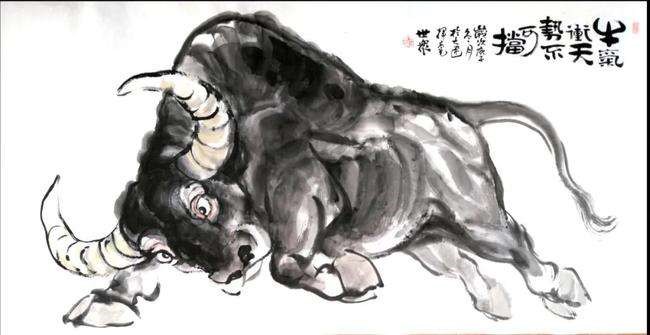The Chinese Zodiac Culture 2- Cattle symbol
The Chinese Zodiac not only integrates ordinary creatures into Chinese life, but its natural habits are endowed with many cultural meanings, from animals to gods, and receive respect and worship. Only the combination of natural creatures and cultural gods can form a complete impression of zodiac animals. Let’s go to learn more about 生肖牛(sheng xiao niu).

Because of the cultivation of cattle, Chinese people's feelings for cattle have become deeper and deeper. They attach excellent qualities such as simplicity, honesty, diligence and no return to cattle. Lu Xun expressed his ambition by "bowing his head and being willing to be an ox".
"The book of rites · Zengzi's circle of heaven": "the sacrifice of princes, cattle, say too fast." The first book of rites in the draft of the history of the Qing Dynasty: "too prison, cattle, sheep and pigs". Cattle are the most noble sacrificial goods, which are used by the son of heaven to sacrifice the country and heaven and earth. The princes of the spring and Autumn period and the Warring States period held a league. The monarch cut the blood with an ox's ear and put it in his mouth.
The creation myth of Hani nationality, orse Mishe, records the story that all parts of cattle turn into natural things. The Han nationality worships the ox king. Li Daoyuan of the Northern Wei Dynasty's "Shuijing Zhu · Weishui Zhu" said that the ox king was originally Nanshan camphor, which was illegally felled, "trees gradually turn into cattle into water, so Qin is a temple". Later, it was gradually personified, evolved into the head of the ox, and falsely became ran Bo Niu. Chengdu has the Niuwang temple built in the seventh year of Kangxi.
Buddhist belief in the king of hell, "the five bitter chapters and sentences Sutra" records: "the jailer's name is Abang, with a cow head and hands, two feet and hoofs, a strong row of mountains and an iron fork." Later, it was absorbed by Taoism and became an ox head and horse face.
Buffalo horn, cattle horn and yak horn are one of the most common door decorations. Tibetans hang ox horns on the door after killing cattle. The number of ox horns symbolizes the level of hunting. They even use ox horns as ornaments when dressing up.